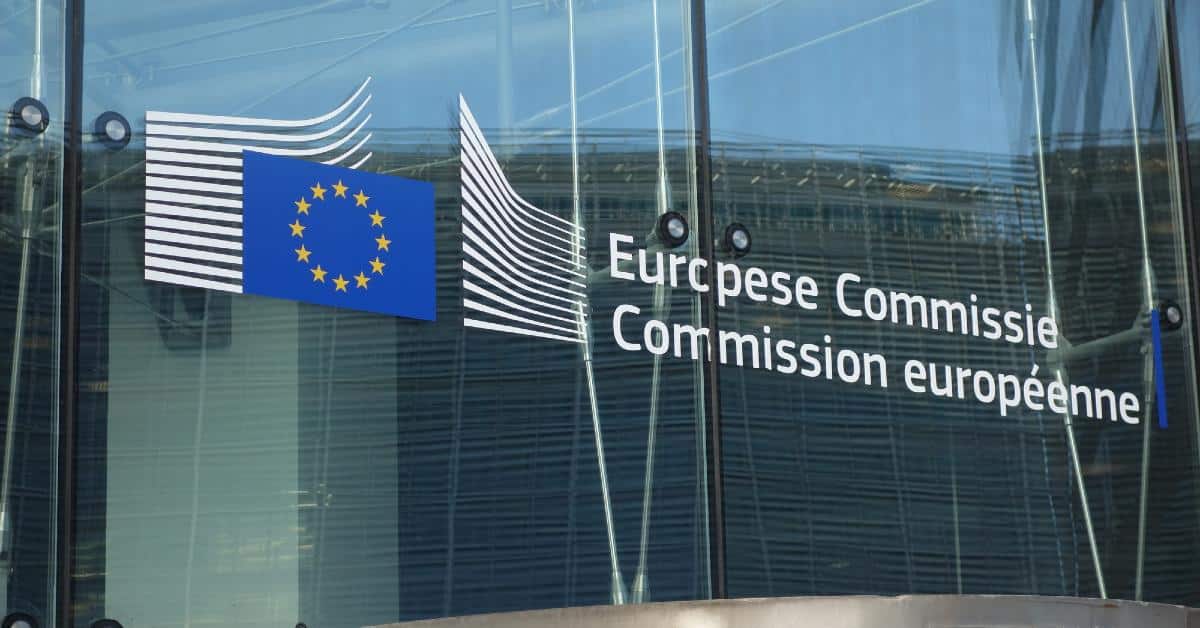The Cupertino giant Apple has asked the European Union to repeal the Digital Markets Act (DMA), a new set of rules aimed at limiting the influence of major tech companies.
“It’s been more than a year since the Digital Markets Act was implemented. Over that time, it’s become clear that the DMA is leading to a worse experience for Apple users in the EU,” says the company in a blog post.
The company believes a different regulation would be better suited, reports Reuters.
The request comes as the European Commission reviews the law for the first time to see how well it works and how it can adapt to new technologies like artificial intelligence, adds the report.
Stakeholders were invited to provide feedback until September 24.
What Is the Digital Markets Act?
The Digital Markets Act (DMA) is a regulation that the European Union introduced in 2022 to reshape how certain technology companies design their products.
The DMA includes various rules, however, the way these rules are applied can differ between companies.
For Apple, the DMA is changing how EU users interact with their products. This affects how they download apps, make in-app payments, and how their Apple devices work together.
Why is Apple against the Digital Markets Act?
“The Digital Markets Act (DMA) is forcing us to make some concerning changes to how we design and deliver Apple products to our users in Europe,” says Apple in a blog post.
Feature delays and security issues
Apple explained that users in the EU are facing delays in getting new features and are at risk of increased privacy and security issues because of the DMA.
The features include — Live Translation, iPhone Mirroring, Visited Places and Preferred Routes on Maps.
“The DMA requires Apple to make certain features work on non-Apple products and apps before we can share them with our users. Unfortunately, that requires a lot of engineering work, and it’s caused us to delay some new features in the EU,” says the company.
The company urged the Commission to reconsider how the law impacts EU customers using its products, reiterating its commitment to deliver new features while following legal guidelines.
Less intuitive experience, exposure to harmful apps
Apple emphasises that the implementation of the Digital Markets Act (DMA) has led to increased risks for EU users by allowing sideloading, alternative app marketplaces, and payment systems that do not meet the App Store’s high privacy and security standards.
“We built the App Store to be a central, trusted place for our users where every app is reviewed, every developer follows the same rules, and parents have tools to protect their children. We’re still fighting to protect that quality experience our users expect, but the DMA has forced changes to that model,” says the company.
This change creates a less intuitive experience as users must navigate multiple marketplaces, each with its own design, rules, and review standards. The company claims that it can potentially lead to exposure to harmful apps, which Apple has historically prohibited.
“For the first time, pornography apps are available on iPhone from other marketplaces — apps we’ve never allowed on the App Store because of the risks they create, especially for children.
The DMA has also brought gambling apps to iPhones in regions where they are prohibited by law,” explains the company.
Despite Apple’s commitment to providing a safe and trusted environment for users, the new requirements under the DMA complicate this effort and heighten risks for its EU customers.
Privacy and security threats
The DMA allows other companies to access user data and the core technologies of Apple products. Apple says it has been forced to comply with most requests, even if they could put users at risk.
To date, companies have requested some of the most sensitive information from users’ iPhones.
“Our teams have explained these risks to the European Commission, but so far, they haven’t accepted privacy and security concerns as valid reasons to turn a request down,” clarifies the company.
Additionally, the Cupertino giant accuses the EC of unfair rules and competition.
“The DMAs’ rules only apply to Apple, even though Samsung is the smartphone market leader in Europe, and Chinese companies are growing fast,” says the company. “Under the DMA, the European Commission’s interpretation of the rules is constantly changing. And that makes it nearly impossible for companies to know how to comply.”
Apple also claims that the DMA is not benefiting markets, instead, it is complicating business operations in Europe.
What does the European Commission say?
A spokesperson for the European Commission said, “Gatekeepers like Apple must allow third-party devices to work with their operating systems.”
The EC spokesperson also clarified their stance, and there is no going back.
“There is absolutely no intention from the Commission’s side to repeal the DMA,” says Commission spokesman Thomas Regnier, referring to the Digital Markets Act.
The Digital Markets Act is an EU regulation that aims to make the digital economy fairer and more contestable.
The regulation became effective on 1 November 2022 and became applicable, for the most part, on 2 May 2023.
